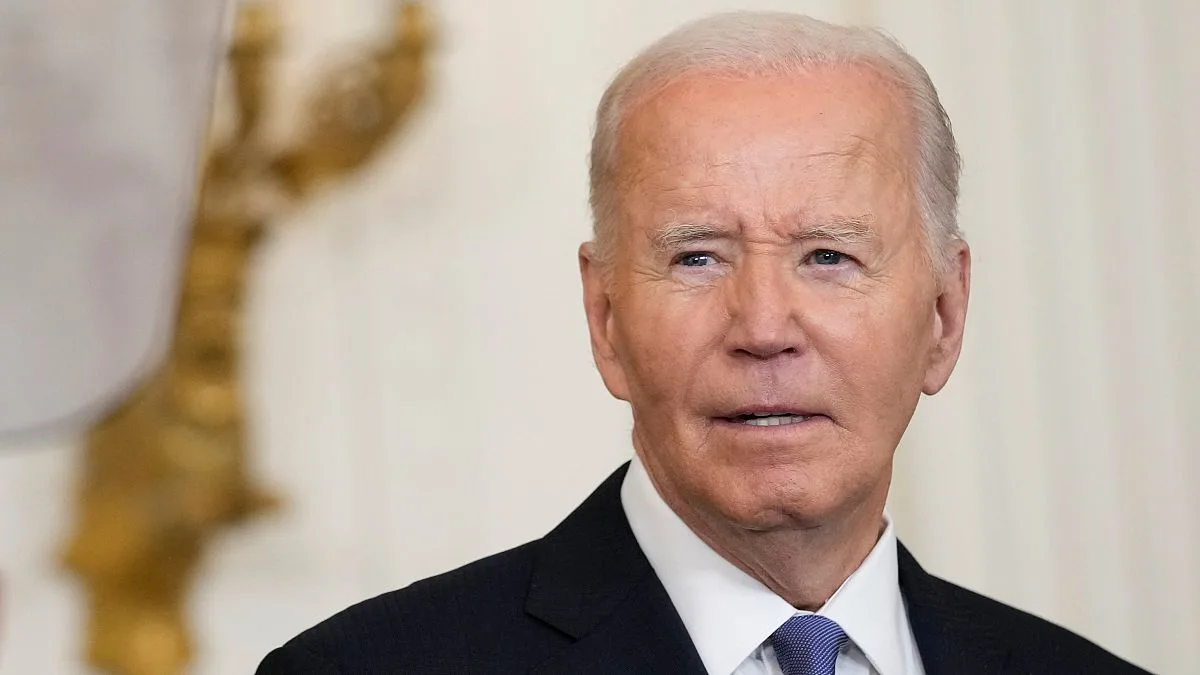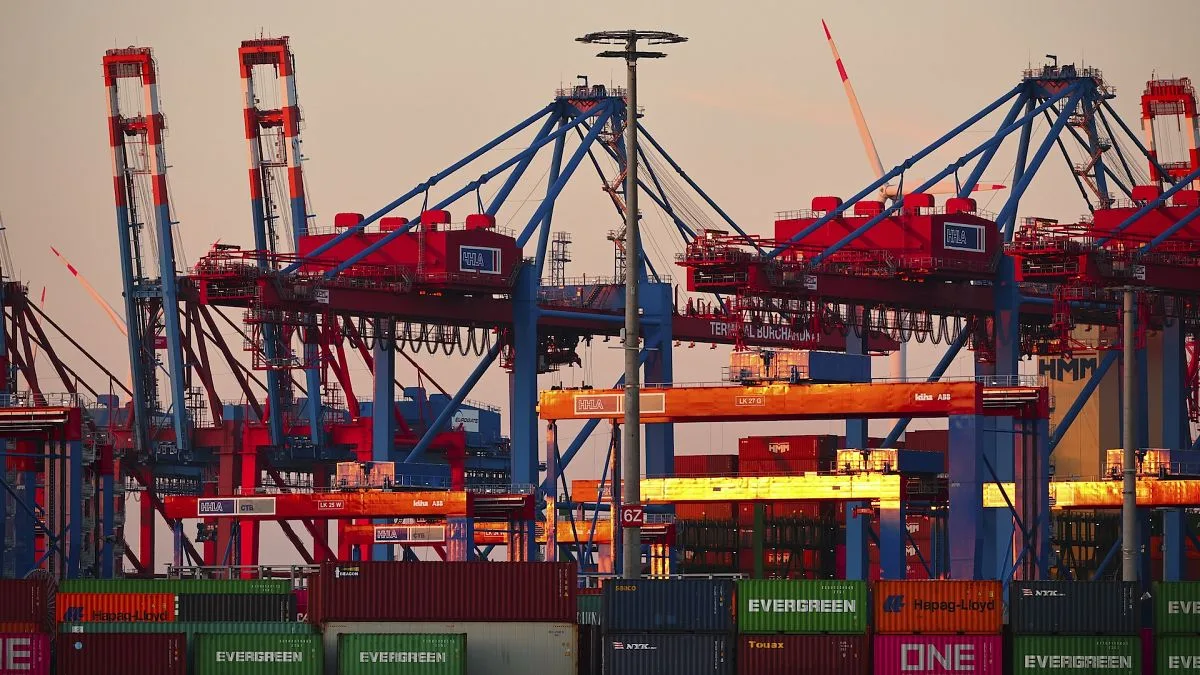The European Parliament is poised to approve the new Commission, which is expected to receive substantial support. However, the composition of this majority merits close observation.
A favorable outcome appears imminent as the Parliament prepares to vote on President Ursula von der Leyen’s complete team of commissioners, following an endorsement of all 26 commissioners through a coalition of centrist parties – the European People’s Party (EPP), the Socialists and Democrats (S&D), and Renew Europe. Yet, the dynamics of the vote this Wednesday in Strasbourg will be telling.
To officially take office in December, the Commission must secure an absolute majority of votes cast. Although this result seems likely, the specific voting patterns of parliament members remain unpredictable. This uncertainty is noteworthy, as it could influence the parliamentary majority throughout the legislative term.
A Shift in the Pro-EU Majority?
In July, von der Leyen gained re-election with 401 votes, thanks to a secret ballot. While groups had indicated their positions publicly, the support extended beyond centrist factions to include backing from the Greens/EFA group. Conversely, the Left group and various right-wing parties opposed the vote, with some exceptions among the European Conservatives and Reformists (ECR).
The recent vote results hinted at a European Parliament majority akin to that of preceding terms, primarily featuring centrist, pro-EU groups collaborating closely with the Greens.
However, the situation has evolved significantly with the current Commission lineup, which now includes Raffaele Fitto from the right-wing Brothers of Italy party.
Von der Leyen has underscored the importance of working with “pro-EU,” “pro-Ukraine,” and “pro-rule of law” parties, while Manfred Weber, chair of her EPP group, has suggested a broader coalition encompassing members from the Greens to ECR. “My majority is becoming a reality, which brings me joy, as we need greater stability in the European Parliament,” Weber commented during a press conference in Strasbourg.
This newly envisioned majority could potentially shift EU policies significantly towards the right concerning migration and environmental issues. Nevertheless, it remains uncertain how von der Leyen’s centrist coalition will perform in the upcoming vote.
Defections and Divisions
Recently, Spain’s center-right Partido Popular (PP) announced its intention not to support the Commission due to Spanish Vice President Teresa Ribera’s inclusion, a member of the rival center-left PSOE (S&D) party. Spanish media agency EFE reports that the PP has not clarified whether its members will oppose or abstain during the vote.
Moreover, discontent within the Socialists is evident, with several MEPs expressing dissatisfaction over the new Commission’s makeup. Dutch and Belgian members have decided to oppose it, while other delegations are considering abstentions. French Socialists, in particular, have vocally opposed including Fitto, with MEP Claire Fita stating, “We cannot accept a far-right executive vice president like Raffaele Fitto. I will vote against his inclusion in this Commission.”
The divides are starkest within the Greens/EFA group and among the Conservatives. The Greens have positioned themselves as part of a “four-group majority” in the European Parliament, expressing a willingness to constructively engage while counteracting the far-right. Nonetheless, internal divisions surfaced during a recent meeting, revealing that only a slim majority, spearheaded by German MEPs, supports the Commission, while French, Austrian, and Italian members are poised to reject it.
On the right, opinions within the ECR group are mixed; some members are eager to join the coalition, while others remain staunchly opposed. The Brothers of Italy, being the most substantial delegation in the group, have pledged their support for the Commission. Other ECR members are likely to follow suit.
However, conflict remains, as Polish and French ECR members have voiced their opposition, including prominent French MEP Marion Maréchal, who has scrutinized the nominees. “We are faced with a lack of competence regarding [French commissioner] Stéphane Séjourné, and an energy commissioner known for her anti-nuclear views,” she commented to Euronews.
As the vote approaches, it will be pivotal for the nominees to discern which MEPs they can count on. Two crucial benchmarks will be established: the 401 votes von der Leyen achieved in July and the 461 that approved the previous Commission in November 2019.
Photo credit & article inspired by: Euronews



